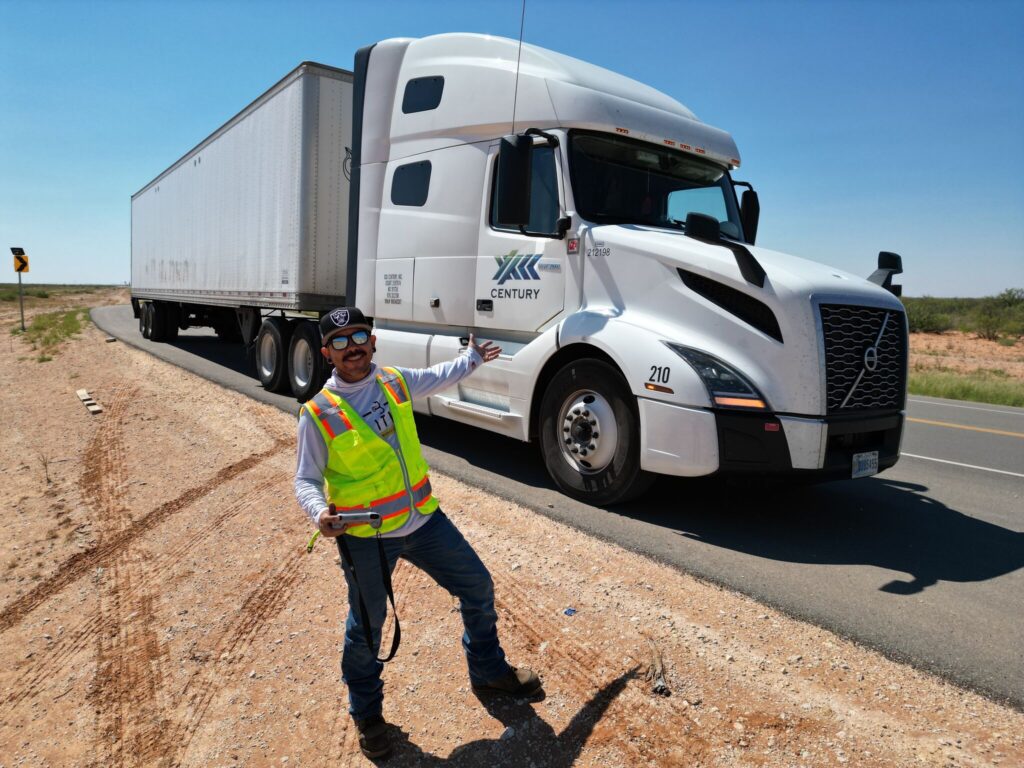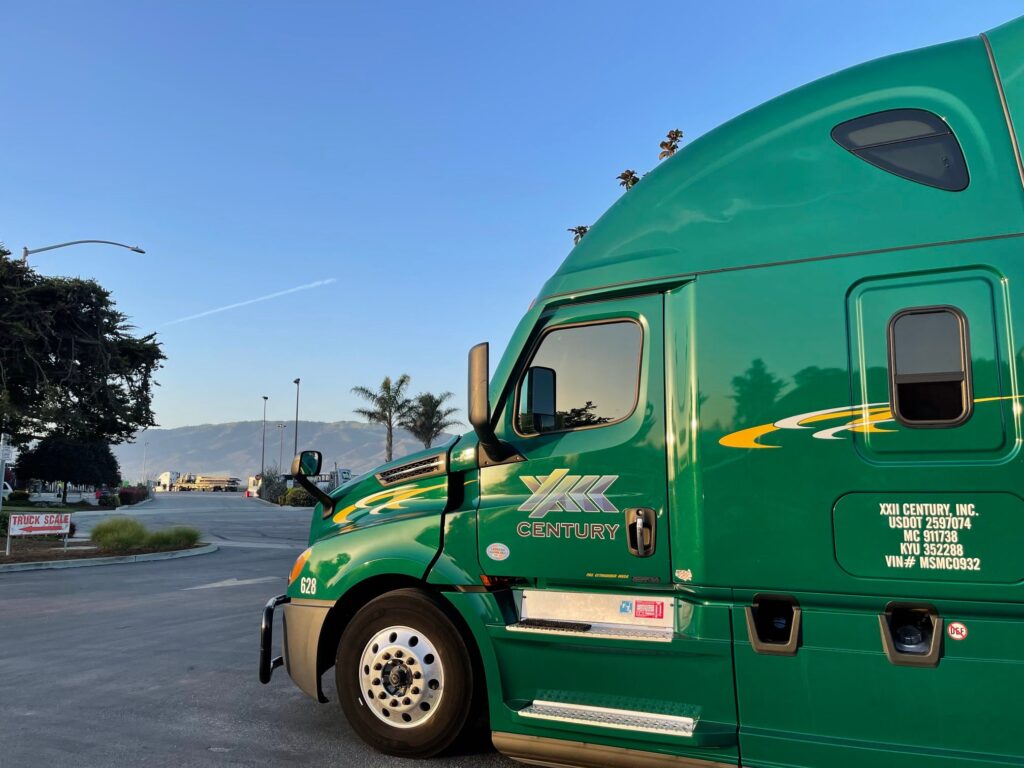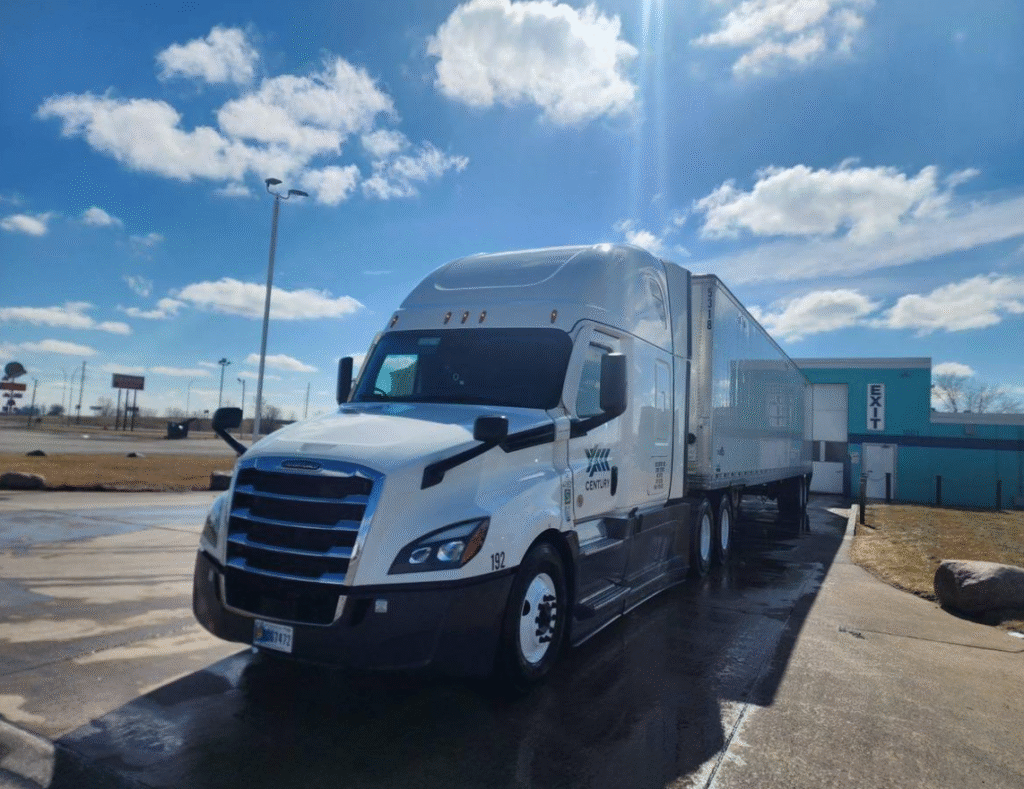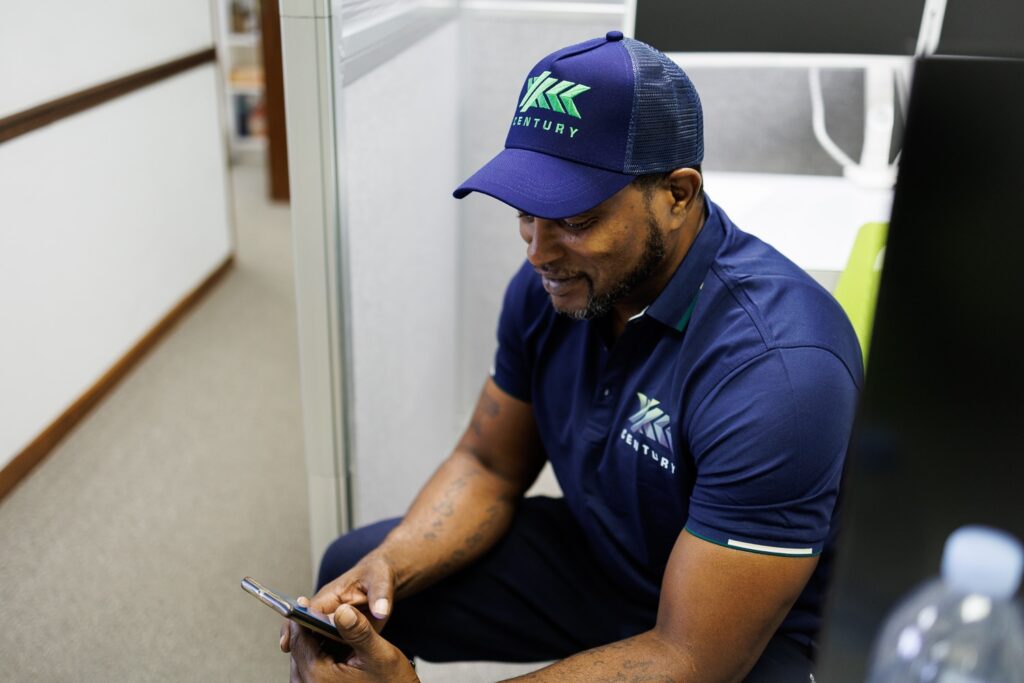Thinking about becoming your own boss behind the wheel? You’re not alone. More and more drivers are trading in company positions for the freedom and flexibility of independent truck driver jobs—and for good reason. The idea of setting your own schedule, choosing your loads, and taking full control of your income is appealing to many in the trucking world.
But as with any big career move, it’s important to know what you’re signing up for. Owner operator trucking can offer incredible rewards, but it also comes with real responsibilities. From managing maintenance and expenses to navigating contracts and compliance, the independent route isn’t for everyone.
This guide is here to help you figure out if this path makes sense for you. We’ll break down what it really means to work as an independent trucker, explore the pros and cons, and give you practical advice on finding CDL owner operator jobs that match your goals. Whether you’re considering the switch or just want to learn more, we’ve got you covered.
Why More Drivers Are Going Independent

It’s no secret—there’s been a major shift happening in the trucking world. More drivers than ever are stepping away from traditional company roles and exploring independent truck driver jobs. But what’s fueling the move?
As an independent driver, you’re in control. You choose your loads, plan your routes, and set your schedule. No more waiting on dispatch to call the shots or being told where to go and when to be there. For experienced drivers who know the road and want to build something on their own terms, this kind of independence is a game-changer.
The financial potential is another big draw. While you do take on more responsibility—like fuel, maintenance, and insurance—you also have the opportunity to keep more of what you earn. Many drivers find that, over time, owner operator trucking offers a clearer path to higher income and long-term stability.
Plus, with a nationwide driver shortage and high demand for reliable freight services, companies are actively hiring owner operators and offering competitive rates to attract them. That means more opportunities, more negotiating power, and more room to grow.
So, if you’ve been thinking about taking the leap, you’re not alone—and you’re not too late. This could be your moment to drive on your own terms.
What Are Independent Truck Driver Jobs—and How Do They Work?

Before jumping into the driver’s seat of your own business, it’s important to understand what independent truck driver jobs really involve. These roles aren’t your typical 9-to-5, and they’re not the same as working for a big-name carrier either.
As an independent truck driver—often called an owner operator—you’re essentially running your own small business. You’re not an employee; you’re a contractor. That means you’re responsible for finding your own freight, managing your expenses, and making the decisions that affect your day-to-day operations.
Here’s how it usually works:
- You either own or lease your truck.
- You book your own loads, either through brokers, dispatch services, or direct relationships with shippers.
- You handle your own fuel, insurance, maintenance, and taxes.
- You decide when and where you work.
While it might sound like a lot—and it is—you also get full control over your income and schedule. You’re not limited by someone else’s dispatch or company policy, which is a huge perk for experienced drivers who know how to manage their time and routes wisely.
This model fits perfectly within the world of owner operator trucking, where drivers take charge of their career and build it like a business. It’s not for everyone, but for the right person, the freedom and earning potential can be well worth it.
Benefits and Challenges of Owner Operator Trucking

So, what’s it really like to be in owner operator trucking? Ask any seasoned driver and you’ll hear the same thing—it’s rewarding, but it’s not easy. Being your own boss comes with serious perks, but also a few bumps in the road. Let’s break down the good and the not-so-good so you can decide if it’s the right move for you.
The Benefits: Why Drivers Love Going Independent
- Freedom & Flexibility – You choose your routes, your loads, and your schedule. No more waiting on dispatch or being told when to go home.
- Higher Earning Potential – While you take on more responsibility, you also keep a bigger share of the profits. Smart planning can lead to solid long-term income.
- Business Ownership – You’re not just a driver—you’re running a business. That means more control over your future and career growth.
The Challenges: What to Be Ready For
- Upfront Costs – Buying or leasing a truck, covering insurance, and handling maintenance can add up fast.
- No Guaranteed Loads – You’ll need to hustle to keep your calendar full, especially early on.
- Paperwork & Compliance – Running your own show means managing permits, taxes, and staying DOT-compliant.
At the end of the day, owner operator is about independence—and with that comes both opportunity and responsibility. If you’re motivated, organized, and ready to take control of your career, the benefits can far outweigh the challenges.
Requirements: What You Need to Become an Independent Truck Driver

If independent truck driver jobs sound like the right fit for you, the next step is knowing what it takes to get started. Unlike working for a company where many things are handled for you, being an owner operator means handling the business side yourself—and that starts with meeting the right requirements.
Here’s what you’ll need to get rolling:
1. A Valid CDL (Commercial Driver’s License)
Most CDL owner operator jobs require a Class A CDL, especially if you’re planning to haul long-haul freight or heavier loads. If you don’t already have one, that’s your first step—and in some states, you may need additional endorsements for hauling specific freight types like HazMat or tankers.
2. Your Own Truck (Or a Lease)
You can either purchase your own rig outright or lease one through a reputable company. Either way, you’ll need reliable equipment that meets DOT safety standards and can handle the loads you want to carry.
3. Insurance Coverage
As an independent, you’ll be responsible for multiple types of insurance, including:
- Liability
- Cargo
- Physical damage
- Occupational accident (optional, but smart)
4. Proper Permits and Registrations
To operate legally, you’ll need:
- A USDOT number
- Operating authority (MC number) if you’re booking your own freight
- IRP and IFTA registration for interstate travel
5. A Business Mindset
This one’s often overlooked. Owner operator trucking isn’t just about driving—it’s about budgeting, planning routes, managing time, and running a business. You don’t need a business degree, but being organized and goal-oriented will set you apart.
Once you have these essentials in place, you’ll be in a strong position to find high-quality CDL owner operator jobs that match your goals—and start building a career on your own terms.
How to Find Independent Truck Driver Jobs That Fit Your Goals

Once you’re licensed, insured, and have your truck ready to roll, the next big question is: Where do you find the right loads or gigs? The good news? There’s no shortage of independent truck driver jobs out there. The trick is finding ones that match your lifestyle, your financial goals, and your long-term plans.
Start with Companies Hiring Owner Operators
Plenty of carriers are actively hiring owner operators, especially with today’s high demand for freight services. These companies often offer:
- Access to steady loads
- Fuel surcharge programs
- Support with permits and dispatching
- Maintenance discounts and driver perks
If you’re just getting started, this can be a great way to ease into the business while still enjoying your independence.
Use Trusted Job Boards and Load Boards
Platforms like DAT, TruckStop, and even general job sites like Indeed and CDL-specific listings can help you find contracts quickly. Just make sure to research each offer—don’t be afraid to ask questions about pay structure, routes, and support.
Network With Other Drivers
Some of the best opportunities come through word of mouth. Connect with other owner operators through trucking forums, Facebook groups, or even truck stops. Recommendations from experienced drivers can help you avoid shady deals and spot solid opportunities faster.
Know What You Want
Not every job is worth your time. Before you jump at the first offer, ask yourself:
- Do I want local, regional, or long-haul routes?
- How much time do I want at home?
- Am I comfortable negotiating rates or do I want dispatch support?
Being clear on your goals helps you find CDL owner operator jobs that truly support your vision—not just fill your schedule.
Bottom line: Don’t just take any job. Take the right job. With a little strategy and patience, you can build a steady, profitable route doing what you love—on your terms.
Is Independent Trucking the Right Road for You?
Choosing to step into independent truck driver jobs is a big move—but for the right person, it can be a game-changer. We’ve covered what it really means to go independent, the benefits and challenges of owner operator trucking, what you need to get started, and how to find jobs that actually align with your goals.
At the end of the day, it comes down to this: Do you want the freedom to run your business your way? Are you ready to take control of your routes, your schedule, and your income? If the answer is yes, you’re already thinking like an owner operator.
Whether you’re exploring options, gearing up to launch, or ready to find high-quality CDL owner operator jobs, now’s the time to take action. There’s demand. There’s opportunity. And there’s a seat waiting for someone just like you.
Ready to hit the road your way? Check out our resources, explore current openings, or reach out to learn how we’re supporting drivers ready to go independent. Your trucking future is in your hands—let’s make it a strong one.
